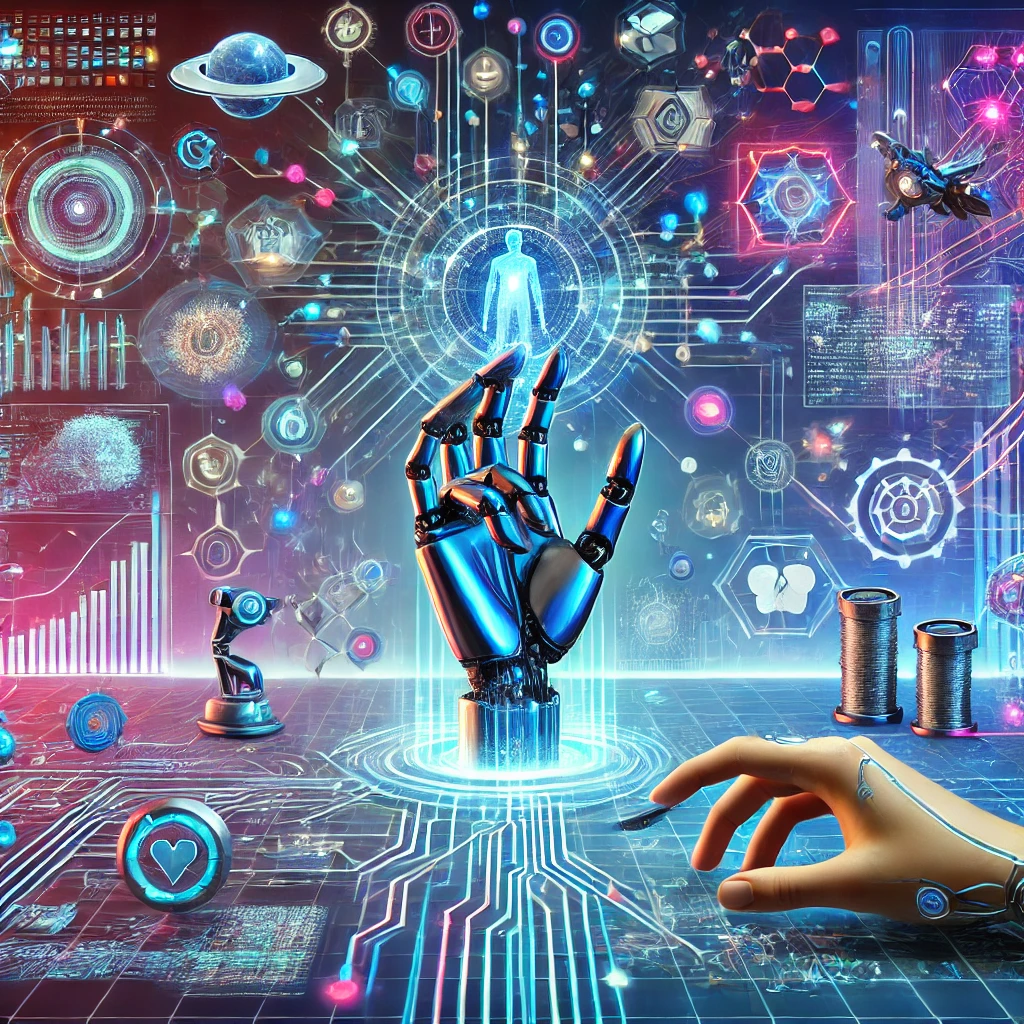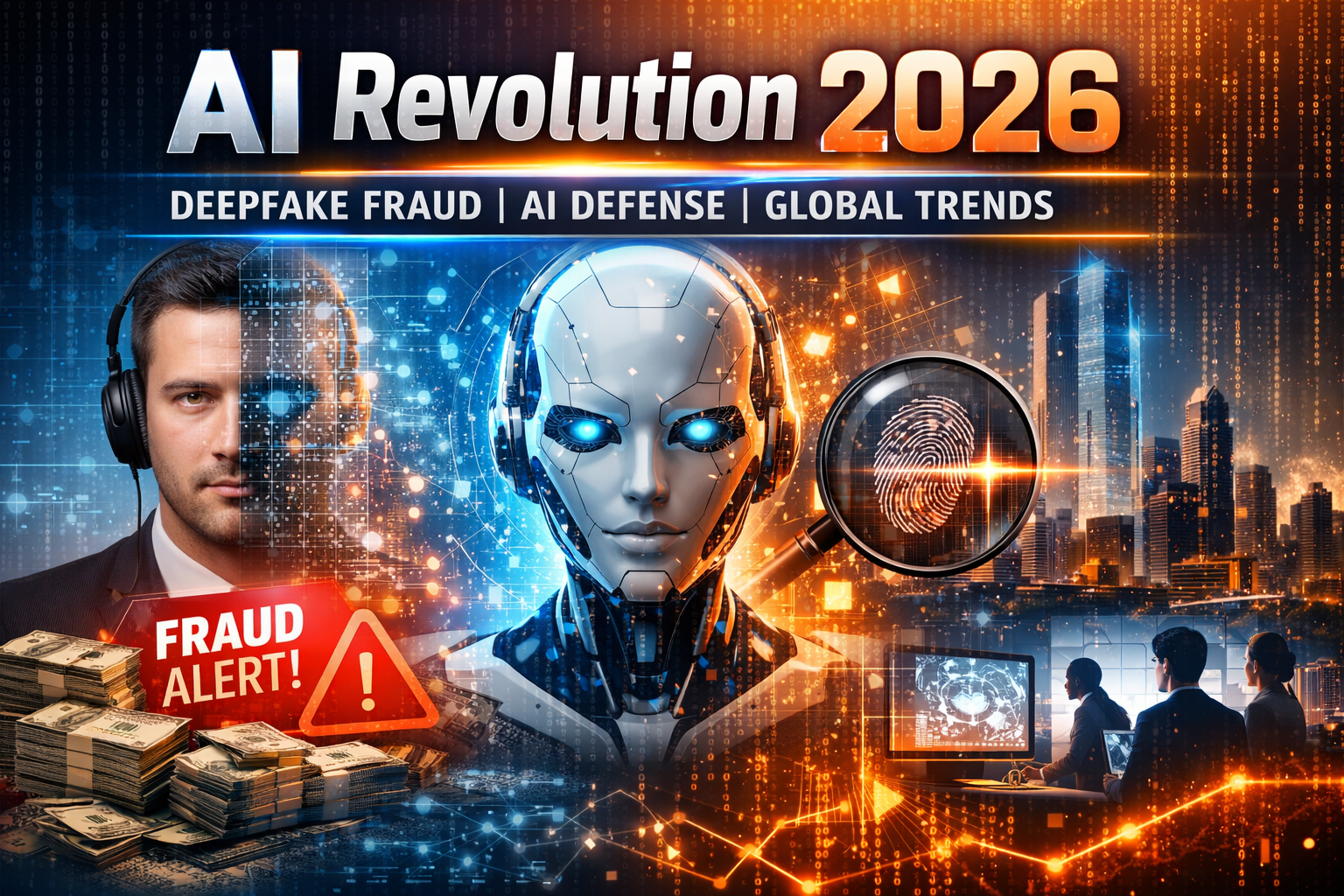Introduction: A Revolution in the Making
Artificial intelligence is no longer a concept of science fiction. Over the past decade, it has transitioned from experimental algorithms to sophisticated systems capable of performing complex tasks, even surpassing human abilities in certain domains. AI's breakthroughs in natural language processing, image recognition, and predictive analytics are driving change across industries, impacting billions of lives.
Bill Gates, reflecting on his experiences with disruptive technologies, called AI development the most profound innovation since the graphical user interface. His challenge to AI researchers to pass an Advanced Placement (AP) Biology exam was met with unprecedented success, marking a major milestone in the journey toward general intelligence.
AI in Healthcare: A Lifesaving Tool
One of AI's most promising areas of impact is healthcare. From addressing the global challenge of under-five child mortality to accelerating drug discovery, AI is set to revolutionize how medical services are delivered.
- Enhancing Access in Underserved Regions
- AI-powered tools like low-cost ultrasound machines and chatbots for basic medical advice can bridge the gap for populations in low-income countries. With the ability to function in multiple languages and adapt to specific local needs, these tools are set to empower frontline health workers and patients alike.
- Transforming Drug Discovery
- AI's capacity to analyze vast biological datasets has already led to breakthroughs in cancer research and vaccine development. By predicting drug side effects and optimizing dosages, these technologies promise faster, more targeted solutions to diseases like malaria, tuberculosis, and AIDS.
Governments and philanthropic organizations are essential to ensuring that AI advancements in healthcare reach the world's most vulnerable populations.
Revolutionizing Education: Personalizing Learning Journeys
AI has the potential to transform education by creating customized learning experiences that cater to individual student needs.
- Personalized Learning
- AI systems can analyze students’ progress and tailor content to their interests and learning styles. They provide immediate feedback, helping students and teachers identify areas for improvement.
- Supporting Educators
- AI tools like essay evaluation and automated feedback systems can save educators time, allowing them to focus on building relationships with their students. Innovative applications in career guidance and student assessment also promise to make teaching more effective.
However, achieving this vision requires addressing the digital divide and ensuring AI systems are trained on diverse datasets to prevent cultural and socioeconomic biases.
AI for Productivity: A New Era of Efficiency
In the workplace, AI is set to redefine productivity by automating repetitive tasks and empowering employees to focus on high-value activities.
- The Rise of Digital Assistants
- AI-driven personal agents will soon manage emails, schedule meetings, and even conduct research, making everyday work processes more seamless. These tools promise to integrate across devices and environments, offering a level of convenience previously unimaginable.
- Corporate Applications
- Company-wide AI systems will enable teams to access insights, improve decision-making, and drive efficiency. These tools will revolutionize customer service, sales, and administrative tasks, freeing up employees to tackle strategic challenges.
Addressing Global Challenges with AI
Beyond improving productivity, AI can contribute significantly to tackling global challenges such as climate change and social inequities.
- Fighting Climate Change
- AI can help optimize renewable energy systems, develop climate-resilient crops, and monitor environmental changes in real-time. By analyzing massive datasets, AI-driven systems can guide policy decisions to reduce carbon footprints and enhance resource efficiency.
- Reducing Inequities
- AI’s ability to identify patterns and predict outcomes can be instrumental in targeting solutions to inequities in health, education, and economic opportunities. Ensuring that these solutions reach underserved communities is critical to AI’s success.
The Challenges Ahead: Ethics and Regulation
The rapid development of AI raises ethical and regulatory questions. Key challenges include:
- Bias and Inequity: Ensuring that AI systems are inclusive and unbiased.
- Privacy Concerns: Protecting personal data from misuse.
- Autonomy and Control: Preventing scenarios where AI systems act against human interests.
Governments and private sectors must collaborate to create frameworks that prioritize transparency, accountability, and inclusivity.
The Path Forward: Opportunities and Responsibilities
As we advance in the "Age of AI," it’s essential to strike a balance between leveraging AI’s capabilities and addressing its risks. The focus should be on democratizing access to AI technologies, fostering innovation for public good, and establishing ethical guidelines to prevent misuse.
AI is not just a tool for solving today’s challenges; it is a gateway to reimagining the future. By investing in its responsible development, humanity can unlock opportunities that were once beyond imagination.
Source: Gatesnotes / Chat GPT








